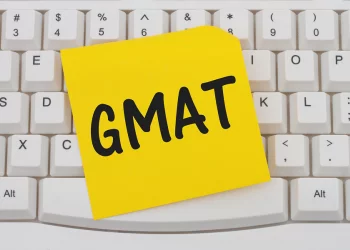
GMAC bought the NMAT exam in India from the Narsee Monjee Institute of Management Studies (NMIMS) in March 2015 and has since taken it to 12 emerging economies in South Asia, South-East Asia and Africa. By the end of 2019, it plans to launch it in six more countries in Asia, Africa. and parts of Europe.
The NMAT exam is used for admissions to some of the leading graduate business programs in India. It became a computer-based test in 2009. Early registration for the test costs INR 2,000 (USD 29).
Check out: How to prepare for MBA and Master’s admission tests
In an interview cited by Indian financial daily newspaper Mint, Sangeet Chowfla, CEO of GMAC, said:
NMAT by GMAC for us represents globalization of a high-quality management assessment test. A Made in India B-school test has gone global.
Expansion to new emerging economies
Chowfla said while GMAT will remain a global B-school test, NMAT will be increasingly expanded to new geographies, as it suits the need of emerging economies. He said the move will directly benefit Indian B-schools in bringing foreign students and making India a study-abroad destination for students from mid-income countries in Asia, Africa, and parts of Europe.
The test is now offered in 12 countries including South Africa, Philippines and Nigeria, and by the end of 2019, it will be introduced in Turkey, Indonesia, Malaysia and Egypt.
NMAT is used to select students for B-school admissions at a lower price point than GMAT. Its conducted over a 90-day test window. A candidate can appear more than once during the testing period and the best test score is sent to a group of candidates chosen B-Schools globally.
More than 40% of NMAT test takers are women
Chowfla said there was growing demand for non-engineer and female candidates in B-schools as they add to the diversity of campuses, and makes the learning process more rounded. Since, NMAT is giving a lot of flexibility in terms of timing, exam retake and choice of school, nearly 43% of test takers were women, and almost half of them were non-engineers.
Chowfla said that there was a perception that the best B-schools are only in developed economies. That has changed—now both B-schools and students have globalized. For example, India has a host of good B-schools. Their global reputation is growing and has the potential to attract thousands of foreign students, he said.
Through NMAT we want to be a matchmaker between students and management schools in India and other emerging economies.
India is aiming to attract 200,000 foreign students to its colleges and universities, or more than four times the current number by around 48,000 in 2017-18.


Comments